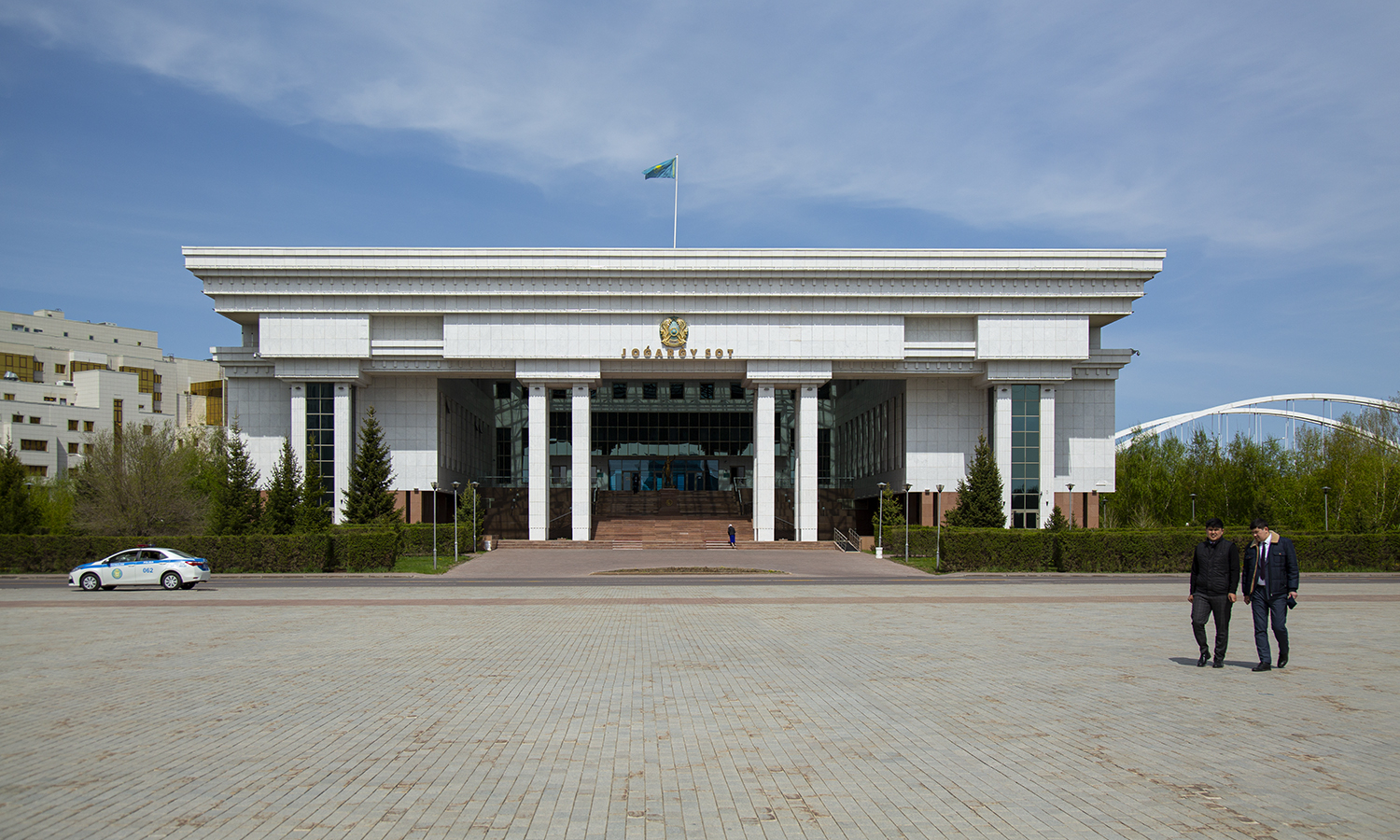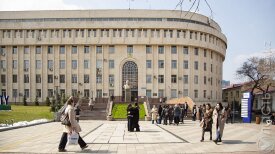Kazakhstan’s President Kassym-Jomart Tokayev visited Azerbaijan on July 6 and participated in a meeting of the Organization of Turkic States. Tokayev proposed to take once again on the role of negotiator for the long time conflict between Azerbaijan and Armenia. “Constructive dialogue is the only way to resolve conflicts and disagreements,” Tokayev said at the group’s informal summit, which was held in Shusha, a city that became the symbol of Azerbaijan’s successful military operation in 2020 in which it partly conquered the contested Nagorno-Karabakh region.
The ministry of energy said on July 8 that it plans to “compensate” for breaking the quota limit for oil production set up by the OPEC+ group. The ministry did not clarify whether the compensation will be monetary and did not provide a timeline. OPEC+, a platform for oil exporting countries, sets quotas in an effort to keep oil prices high. Kazakhstan has often produced beyond the monthly quotas.
The mineral extraction tax for uranium will increase from next year, according to a decree that Tokayev signed on July 10. From the current 6%, the government plans to charge extracting companies 9% in 2025 and up to 18% from 2026 onwards. Kazakhstan is the world’s largest producer of uranium and the news caused a spike in uranium prices globally.
A military court found on July 5 army soldier Arman Zhuman guilty of the murder of four-year-old Aikorkem Meldekhan during Qandy Qantar (Kazakh for ‘Bloody January’, the violent repression of popular protests in 2022). The case had made the headlines since January last year, when Zhuman was acquitted for lack of evidence. The case was later re-opened and Zhuman was sentenced to a seven-year prison term in March of this year, only to be sent back to the appellate court again in June.
Tokayev signed into law constitutional amendments on July 5 creating three independent cassation courts in Astana that will take on responsibilities previously delegated to the Supreme Court. From July 1, 2025, the courts’ jurisdictions will be split between criminal, civil, and administrative cases. The Supreme Court will retain the role of ensuring the uniformity of the judicial practice.
Kazakhstan’s Central Securities Depository (CSD) asked its clients, among which brokers and asset managers, to withdraw Russia-linked securities from their portfolio by August 10, in a move towards a full compliance with western sanctions against the Moscow Stock Exchange (MOEX). The news was confirmed by Kazakhstan’s Central Bank on July 11.
On July 12, Central Bank chief Timur Suleimenov said that western sanctions against the MOEX have frozen talks about the merging of the Almaty-based Kazakhstan Stock Exchange (KASE) and the Astana International Exchange. MOEX owns a 13.1% stake in KASE.
Kazakhstan’s Central Bank cut interest rate by 25 basis points to 14.25% on July 12. This is the third time that the regulator cuts interest rates this year, on the back of slower inflation. In June, Kazakhstan recorded an 8.4% inflation rate, according to the Statistics Committee, because of slower food price increases and a delay in the utilities tariff reform.
The advocacy NGO Human Rights Watch asked the government on July 10 to reject an online petition against “LGBT+ propaganda.” The petition, which garnered more than the 50,000 signatures requested for an official review, was initiated by the Union of Parents. HRW said the petition is “discriminatory and stigmatizing” and that, if acted upon, “would violate human rights across the country.”
Поддержите журналистику, которой доверяют.








